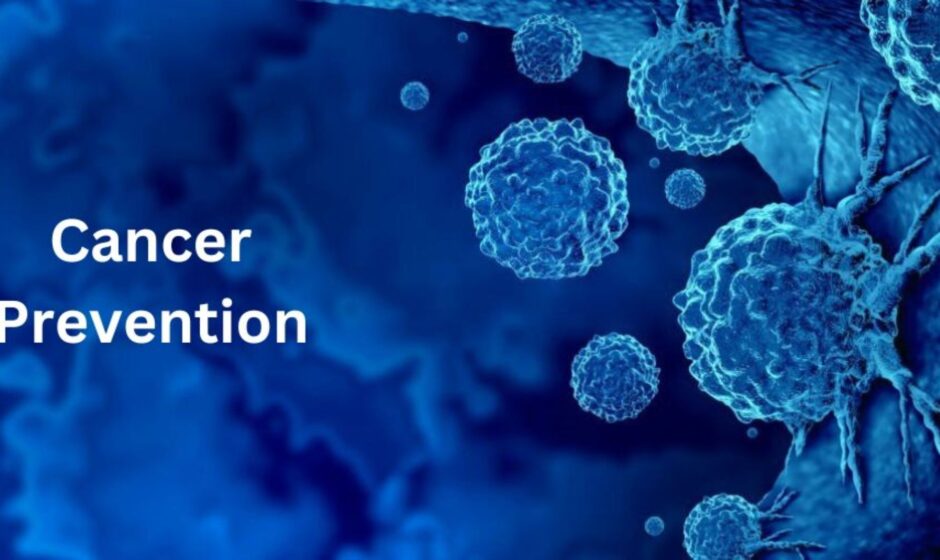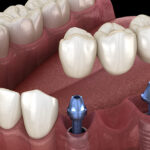Cancer is not a single disease but a group of closely related diseases. Many factors in our genes, life, and the environment make us more or less vulnerable to cancer. Cancer, a complex disease, poses a threat to millions today. While some risk factors, such as genetics, can not be controlled, many lifestyle choices have huge impacts on reducing our cancer risk. Here’s a detailed guide on cancer treatment in India & practical steps you can take to lower your risk and promote overall health.
Maintain a Healthy Weight
Obesity has been linked to different types of cancers, such as breast, colon, and kidney cancers. Excess weight disrupts the hormone balances and leads to increased inflammation, contributing to cancer development.
To achieve a healthy diet you can do the following:
- Focus on whole foods.
- Make sure your meals contain a lot of lean proteins, healthy grains, fruits, and vegetables.
- Use smaller plates to help manage how much you eat and to avoid overeating.
- Do at least 150 minutes of moderate aerobic activity each week.
- Activities like brisk walking, cycling, or swimming can also make a difference.
Eat a Balanced Diet
Diet is a very important factor in cancer prevention. Certain foods can help enhance your immune system and help your body fight cancer.
You should include the following in your diet for a balanced diet:
- Consume dark leafy greens, berries, and cruciferous vegetables (like broccoli).
- Consume whole grains such as brown rice, quinoa, and whole-wheat bread to get more nutrients and fiber.
- To support your overall health incorporate sources of healthy fats, such as avocados, nuts, seeds, and olive oil in your diet.
Limit the following types of food:
- Reduce your intake of processed snacks, fast food, and sugary drinks. These often contain unhealthy fats, sugars, and preservatives.
- Limit your intake of red meats like beef and pork, and avoid processed meats like bacon and hot dogs.
- Opt for fish or plant-based proteins when possible.
Stay Active
Regular physical activity helps control weight, improves hormone levels, and boosts the immune system. All of this contributes to lower cancer risk.
To stay active do the following:
- Look for things you want to do, like hiking, dancing, or team sports.
- Take the stairs instead of the elevator, walk or bike for short errands, and stand up while working.
- Join a fitness class or a walking group as exercising with others can increase your commitment.
Don’t Use Tobacco
Worldwide, tobacco use is the leading preventable cause of cancer. Tobacco contributes to various cancers, including lung, throat, and even bladder cancer.
You can do the following to quit tobacco:
- Use resources like support groups or apps.
- Talk to your doctor about cessation programs and medications that can help you.
- Identify situations that provoke you to smoke and find ways to avoid or cope with them.
- If you are a non-smoker, avoid places where people smoke, as secondhand smoke poses serious health risks.
Limit Alcohol Consumption
Alcohol consumption increases the risk of several cancers, including breast, liver, and esophageal cancer.
Limit your alcohol consumption by doing the following:
- Drink alcohol in moderation.
- To cut down on total consumption, schedule days of the week when alcohol is not allowed.
- Drink plenty of water between alcoholic beverages to stay hydrated and reduce overall intake.
Protect Your Skin from the Sun
Skin cancer is one of the most prevalent types of cancer. Your risk of getting skin cancer is greatly increased by ultraviolet (UV) light from the sun or tanning beds.
To protect yourself from the sun, do the following:
- Use a broad-spectrum sunscreen that has an SPF of at least 30.
- After swimming or sweating, reapply sunscreen every two hours.
- Choose long sleeves, wide-brimmed hats, and sunglasses to shield yourself from UV rays.
- Limit your sun exposure, especially between 10 AM and 4 PM when UV rays are strongest.
Get Vaccinated
Certain vaccines can prevent cancers caused by viral infections, such as human papillomavirus (HPV) and hepatitis B.
Vaccines to consider:
- The human papillomavirus (HPV) vaccine is recommended for preteens and young adults, as it can protect against cancers linked to HPV, such as cervical cancer.
- The Hepatitis B vaccine is particularly important for individuals at risk of liver cancer.
Consult your doctor to discuss your vaccination status and any additional vaccines that may be recommended for your age or health history.
Regular Screening
Early detection of cancer significantly improves treatment outcomes. Screenings can identify cancer before symptoms appear.
Screening recommendations include the following:
- Women should start annual mammograms at age 40 or as recommended by their healthcare provider.
- Women should start Pap tests at age 21 and continue every three years, or as advised for cervical cancer screening.
- At age 45, start regular screenings for colon cancer, which may include colonoscopy or stool tests.
Your doctor can help you determine the right screening schedule based on your individual risk factors.
Manage Stress
Chronic stress can impact your physical health and weaken your immune system, potentially increasing cancer risk.
Follow the given tips to manage stress:
- Techniques such as meditation, yoga, and deep breathing can help you stay calm and centered.
- Maintain social connections and spend time with friends and family to alleviate stress.
- Whether it’s painting, gardening, or reading, make time for the activities you love.
Know Your Family History
Understanding your family history can provide insights into your cancer risk. Some cancers have a hereditary component. Having a family history of breast, ovarian, uterine, or colorectal cancer, might increase your risk of developing these cancers.
Do the following to know more about your family history:
- Document any history of any type of cancer in your family.
- Note the type of cancer, age of diagnosis, and whether any family members carried genetic mutations.
- Your doctor may recommend specific screenings or genetic counseling based on your family history.
Conclusion
Each small step you take toward a healthier lifestyle can make a significant difference. Start incorporating healthy tips into your daily routine. Reducing cancer risk can be a long journey so encourage your loved ones to join you. Remember, every choice counts in the fight against cancer.
For more insightful articles related to this topic, feel free to visit- ( Click Here )



